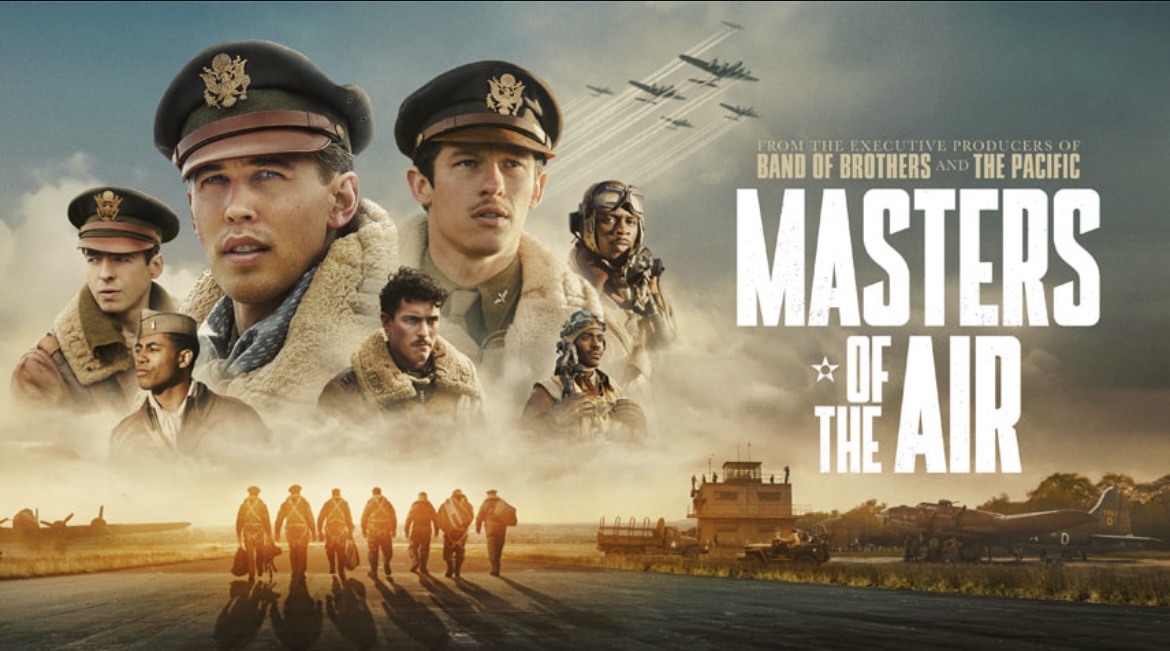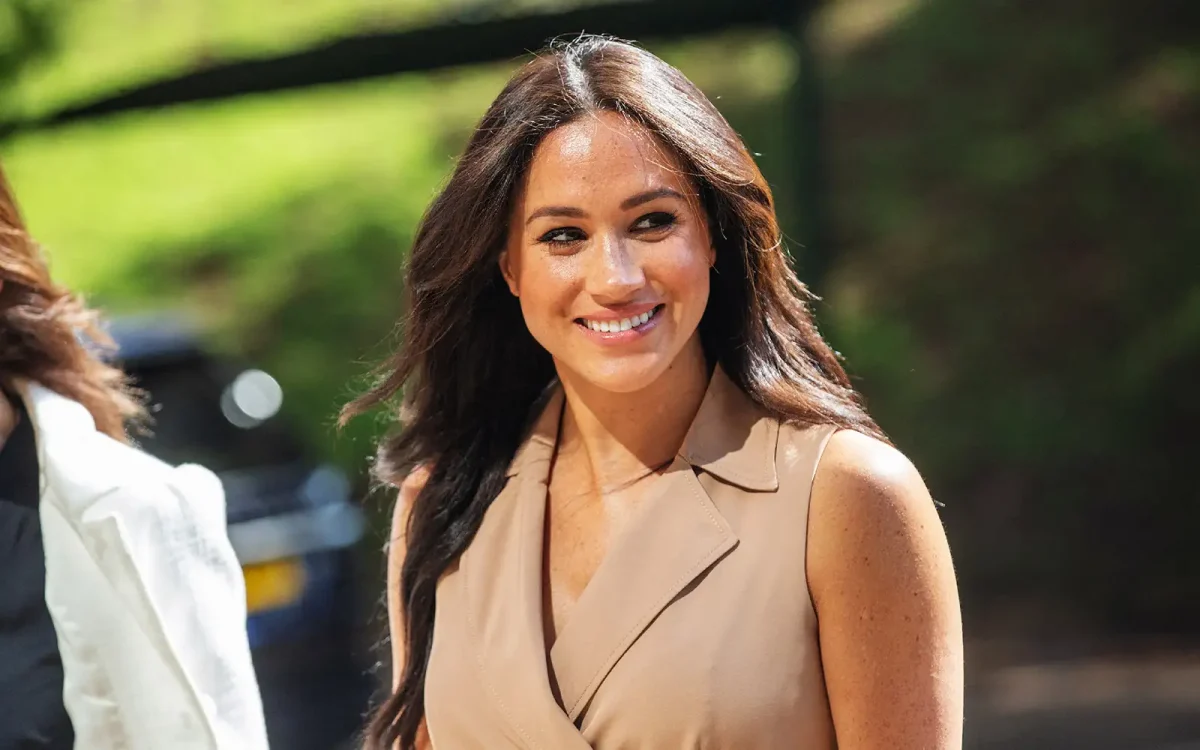Action, emotion and history are all compiled into the new limited series on Apple TV+, Masters of the Air, which tells the heroic story of the fighter pilots in America’s 100th Bomb Group during World War II.
Not only was the historic substance of this show fascinating, but the acting was impeccable. Despite being a historically inspired series of which I knew the outcome, the show is told in such a way that every episode left me wanting more. The relationship between characters was palpable, and was executed wonderfully.
The story featured many heroic fighter pilots, though it focused largely on Major Gale ‘Buck’ Cleven, played by Austin Butler, and Major John ‘Bucky’ Egan, played by Callum Turner. The two served as a dynamic duo and their companionship was very powerful to witness in such a dire and volatile environment of war. Though a lovely relationship to witness, Buck and Bucky were some of the many fighter pilots whose story and friendship was featured and incredibly portrayed in the series.
In such a taxing war where no one’s life was guaranteed, the Bomb Group had a goal of making 25 missions and staying alive. Historically known as one of the bloodiest bomb groups in the entire war, watching the reality of the war’s cruelty was painful and at times, hard to watch. The show captured the trauma many soldiers endured at the time, and illustrates how at the time, addressing such distress was not possible as mental health and the well-being of the pilots was scarcely considered in the 1940s. Major Robert Rosenthal who played Nate Mann and Lieutenant Harry Crosby who was played by Anthony Boyle were another pair featured in the show that illustrated the pains of war wonderfully.
Despite the death that surrounded them, Rosenthal and Crosby formed a brotherhood and consoled each other in what proved to be a beautiful storyline that added to the raw authenticity of the series.
Also featured in the series were the Tuskegee Airmen, whose smaller and faster planes helped to support the 100th Bomb Group. Their feature in the series wasn’t as frequent as I would have preferred, though the camaraderie that they formed with the soldiers in the 100th Bomb Group was wholesome to watch.
While displaying the characters’ heroism and their pride to serve their country, Masters of the Air also touched on more sensitive topics and harsh realities of the war such as prisoner of war camps and the innocent civilians that were harmed throughout the violence. Some of the characters witnessed the consequences of their bombings when they spoke to civilians in impoverished areas of refuge that they wound up in. These scenes attested to the verity of the series, though they were utterly horrific to watch.
Through the incorporation of raw emotion shared between the characters that converged with the sheer violence of combat and the soldiers’ desperation to survive, the series was incredibly realistic and left me thinking further about war than I ever had. Despite the show’s patriotism and emphasis on the good that was done by the bombing group to eliminate Adolf Hitler’s regime, the calamity and silence that was ever present in the scenes that didn’t involve combat highlighted the gray area of war and its results perfectly, including the mental states of the pilots and the communities who were left impoverished as a result of involuntarily being involved in the war.
I would rate Masters of the Air a 4.7 out of 5 stars simply because this show was simultaneously informing and entertaining. The combat, relationships and everything in between were wonderful and painful to watch, though undoubtedly executed beautifully. If I were to change one thing about this series, I would have incorporated the story line of the Tuskegee Airmen more as they were so crucial to the war. Though this series was focused on the 100th Bomb Group, I thought that the role which the Tuskegee men played in helping the fighter pilots from this squadron could’ve had more screen time. Apart from this, the show was a wonderful portrayal of the fighter pilots in the group and their role in the war.














